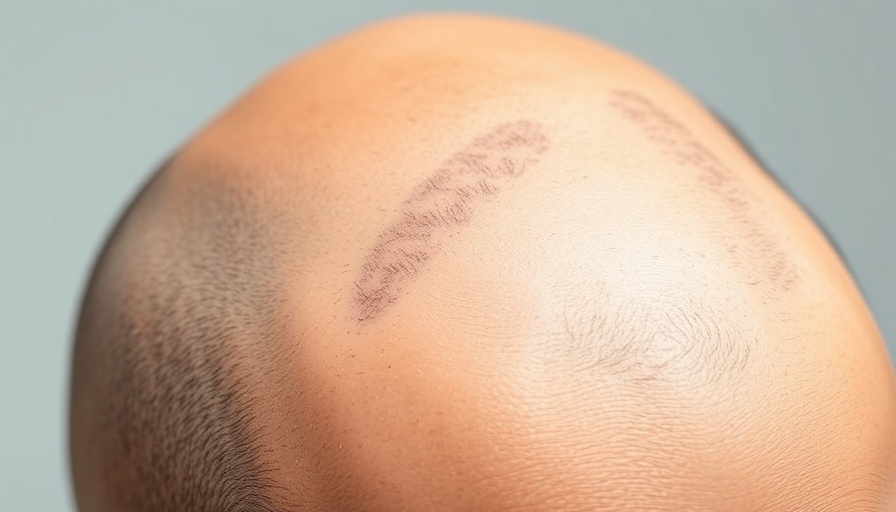
Advocacy's Role in Transforming Dermatology Diagnosis for Alopecia
In a noteworthy leap for dermatology, the approval of ICD-10-CM codes for central centrifugal cicatricial alopecia (CCCA) and frontal fibrosing alopecia (FFA) signals a turning point for patient care and diagnosis precision. The effort, powered by patient advocacy, particularly by Itisha Jefferson and her team, underscores a vibrant shift towards patient-centered medical advancements. These new codes not only pave the way for accurate diagnostic measures but also enhance insurance coverage accessibility, crucial for effective treatment paths.The Centers for Disease Control and Prevention made headlines when they announced the codes L66.81 and L66.12.1 for these forms of scarring alopecia. Jefferson, a medical student and advocate, has her life intertwined with CCCA, bringing both personal and professional dedication to change. Her advocacy through the Scarring Alopecia Foundation's medical student program catalyzed this historic approval, epitomizing the strength inherent in persistent collaboration.
The Impact of New Diagnostic Codes on MedSpas
With the introduction of these ICD-10 codes, MedSpa owners and aesthetic professionals can expect to see significant improvements in the way scarring alopecia is managed within their practices. These codes provide a more streamlined process for insurance claims, ensuring that patients receive the necessary support and access to treatments they need. This not only enhances customer satisfaction but also fosters a more efficient workflow in clinical settings.Moreover, the potential for innovative therapies to emerge in response to heightened diagnosis precision and accessibility is immense. MedSpas can position themselves as front-runners in offering these advanced treatments, ultimately boosting their reputation and client base.
Lessons in Advocating for Medical Advancements
The journey led by Jefferson serves as a beacon for aesthetic professionals aiming to pioneer change. It highlights the crucial role that advocacy plays in reshaping healthcare landscapes. By aligning personal experiences with professional goals, professionals can drive transformative solutions, shaping the future of both aesthetics and medicine.Understanding the significance of advocating for necessary changes in the medical sector empowers professionals to contribute to advancements that'll streamline operations and improve client outcomes.
 Add Row
Add Row  Add
Add 

 Add Element
Add Element 


Write A Comment